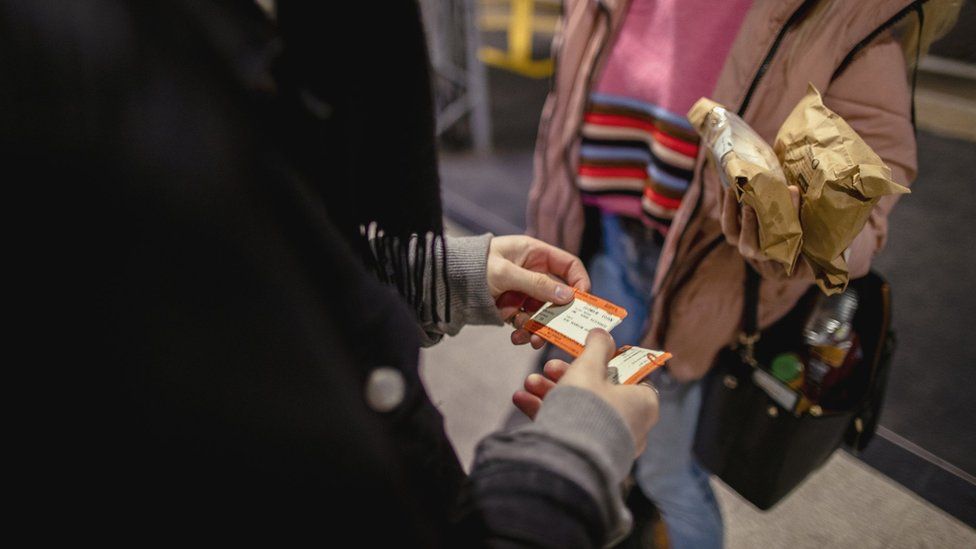ARTICLE AD BOX
 Image source, Getty Images
Image source, Getty Images
The penalty for dodging rail fares in England is set to rise from £20 to £100 in January, the government has said.
The Department for Transport (DfT) said it is being hiked because of concerns that the current fine is not seen as enough of a deterrent.
The penalty will be issued as a surcharge on top of the price of a ticket for the passenger's journey.
It will, however, be reduced to £50 if it is paid within 21 days.
The DfT suggests the crackdown will help modernise the railway system and ultimately reduce the cost to taxpayers, "who are currently footing the bill of those passengers travelling without a ticket".
Currently, penalty fares for people who get the train without a valid ticket stand at £20, or twice the ticket price to the next station the train calls at.
But under laws passed by parliament on Wednesday, those penalties will increase in England for the first time since 2005.
The government hopes the change will bring the national penalty in line with fines issued by Transport for London and Manchester Metrolink, which charge £80 and £100 respectively.
A DfT spokesman said: "We need penalty fares to act as a proper deterrent, and we are putting in place a modern system that will help create a more sustainable railway."
The Rail Delivery Group, which represents train operators, estimates that fare evasion costs the industry about £240m each year.
Rail bosses are currently grappling with ongoing strike action and how to boost revenues in the wake of Covid. Passenger journeys have plummeted since working from home became more popular.
The industry has launched a rewards programme to entice commuters back, and introduced a flexible season ticket in an attempt to adapt to changed working habits.
A total of 332 million rail passenger journeys were made in Britain in the three months to the end of June, about three quarters of the level seen before the pandemic.

 2 years ago
49
2 years ago
49








 English (US) ·
English (US) ·